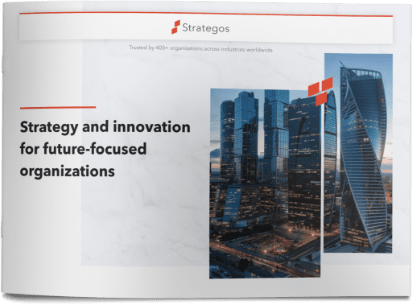My colleague Michel is always teasing me. When he asks me to write something about innovation, he always complains that, every time, I include some reference to Apple. And that is true to an extent, because Apple usually does have something relevant to discuss and, to be honest, I do love Apple.
But Michel is right of course. Innovation is not just about Apple, and by that he means that it is not just about brilliant product and service innovations that sit at the top of the innovation food chain. It is also about a whole range of innovations that are not as relatively beautiful or desirable as the latest iPad Mini or iPhone5. It is also about much less glamorous, but possibly more important, things such as shale oil extraction and the increasing ability of energy companies to extract more from less and to use technology, and innovation, to open up new ways of satisfying our demand for energy.
The International Energy Agency (IEA) said this week that the US will be a net exporter of gas by 2020 and virtually self-sufficient in net energy terms due to the shale and gas revolution. Technological innovation is changing the way we create and use energy and this is probably one of the most important challenges, along with the food and water challenge, that the human race face as we progress deeper into the 21st century.
The challenge in agriculture is how to make more from less: how to produce more yield from less fertiliser; how to produce quicker and more abundant harvests with less water; how to reduce the cost of all aspects of the value chain. It is also about how we can innovate our supply chains to ensure that the millions of people who are becoming urbanised every day can be fed and can have access to healthy living conditions. And the challenge to provide enough water to sustain our ever increasing population is also one that ranks as one of the highest innovation priorities.
The lessons we can learn from innovation leaders such as Apple are valuable but there are numerous companies, less visible, that demonstrate leading edge innovation capabilities. When Shell worked with Strategos to set up GameChanger and later started Technology Futures they generated many ideas for future businesses including harvesting marine algae for bio-fuels.
Tata Steel started to focus their innovation efforts on sustainability topics in 2007 and are now deeply involved in turning building materials into energy generators. And more recently Strategos helped Syngenta, a leader in the agricultural business to develop the innovation capabilities of its executive cadre around the world who applied innovative thinking in their business areas. What these companies have in common is they apply specific innovation capabilities and approaches to important challenges that our society faces.
So, whilst those beautiful devices that make our lives more productive may seem like the epitome of innovation, don’t be fooled into thinking that this is the essence of innovation. Sure, they are brilliant, and I personally love them, but let’s remember that innovation is also about solving real world challenges in the most effective ways. Ultimately it is about making our planet a better place to live on.





